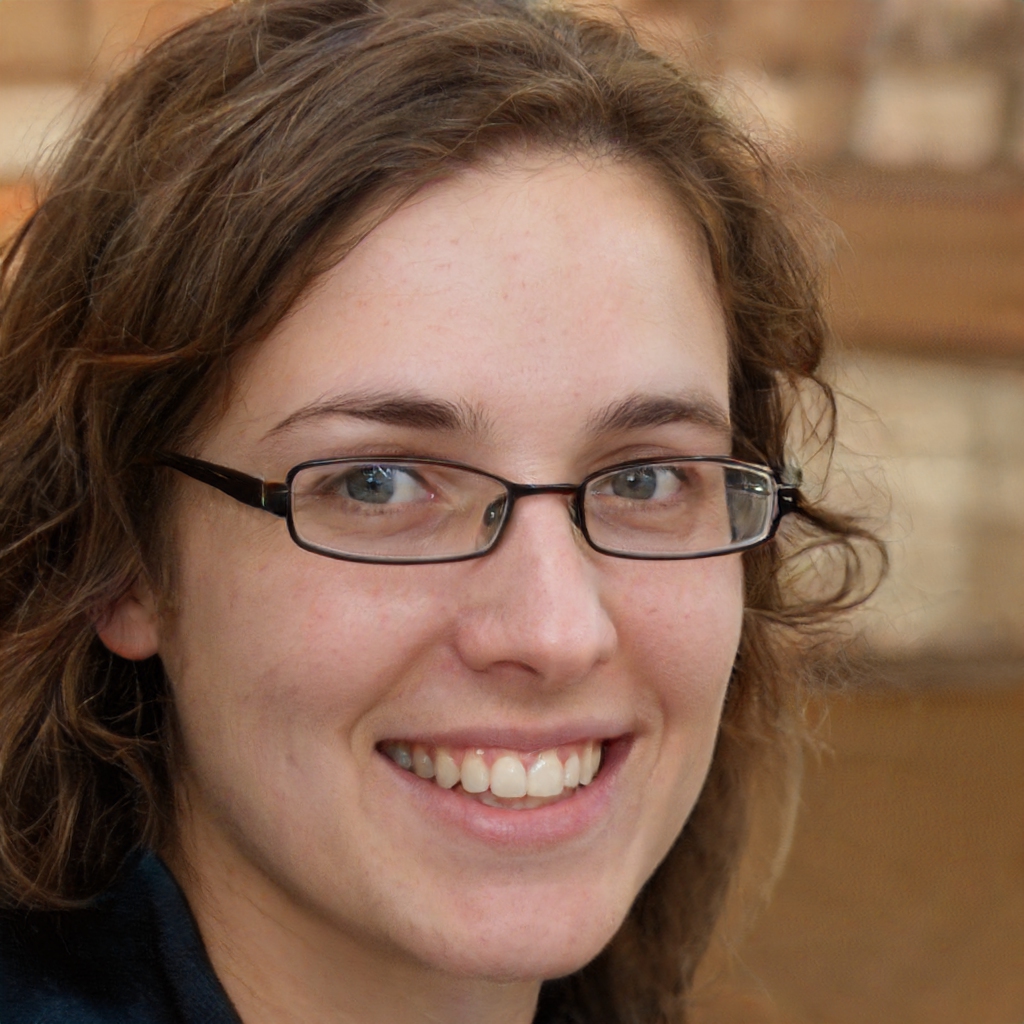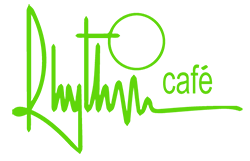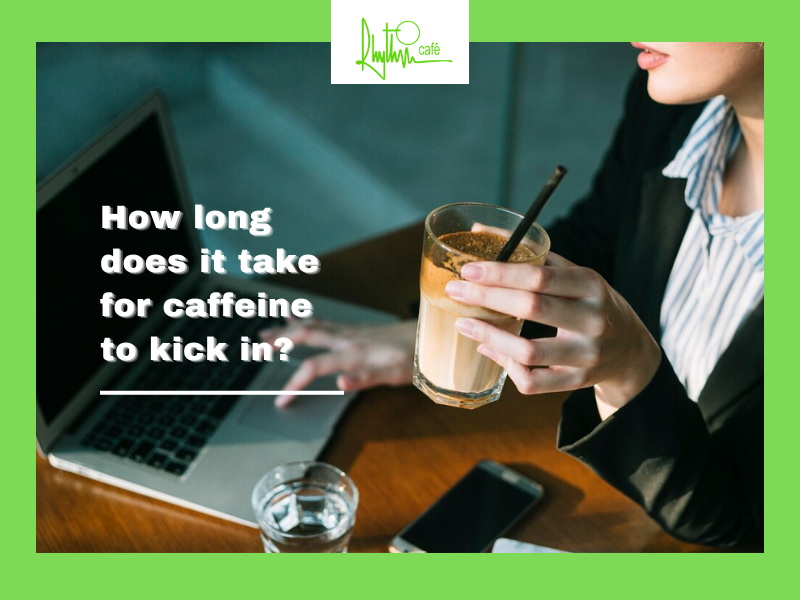For most of us, the morning wakeup call isn’t complete without a cup (or five!) of coffee. But how long does it take for caffeine to kick in before you actually start feeling the effects? While everyone’s body responds to caffeine differently, there is some science behind what happens once that hot beverage hits your lips — and how soon it can make you feel alert again. In this blog post, we’ll take a deep dive into exactly what caffeine does when you drink it and discover the ideal timing for when drinking your daily fix is best. So grab that mug and let’s get started!
Some facts about caffeine
What is caffeine? Caffeine [1] is a stimulant drug that increases alertness, helps to focus the mind and can improve physical performance.
Where does caffeine come from? The sources of caffeine are many and varied. Not only is it found naturally in coffee, tea, cocoa beans and chocolate, but it is also added to soft drinks, energy drinks, and certain medications. It’s even used in some sports nutrition supplements for its performance-enhancing qualities.
Is all caffeine created equal? There are several different forms of caffeine and they all differ in terms of how quickly they take effect. Coffee, for example, tends to kick in faster than tea or cocoa because it is typically more concentrated. Energy drinks can also have higher levels of caffeine compared to coffee or tea.

Benefits of caffeine
- The most obvious benefit of caffeine is that it can give you an energy boost. This means you feel less tired, more alert and ready to face the day.
- It can also improve mental focus and physical performance, making it a great choice for athletes or anyone looking to get an edge in their daily routine.
- Other potential benefits include improving memory, reducing the risk of certain diseases, and providing antioxidants.
How long does it take for caffeine to kick in?
The exact time it takes for caffeine to kick in varies from person to person. On average, however, you should start to feel the effects of caffeine within 15-45 minutes after drinking a cup of coffee or tea.
The effects of caffeine usually start within 5 to 30 minutes and can last from 8 to 12 hours. Consuming as little as 200mg of caffeine (equivalent to 1 or 2 cups of coffee) can heighten your alertness, elevate your mood, alleviate fatigue, and enhance both your physical performance and cognitive abilities.
It can take up to an hour for the full effects to be felt and the peak level of alertness usually occurs around one to two hours after drinking your cup.
Specific time to promote the effect of caffeine of each type:
- Coffee: 15 minutes
- Tea: 30-45 minutes
- Cacao: 45 minutes
- Energy Drinks: 30-60 minutes
- Supplements: 45-90 minutes
It is important to note that drinking more caffeine won’t necessarily make you feel any more alert — in fact, it can cause jitters and other unpleasant side effects . It’s best to stick to the recommended dose and find out what works for you.
Recommended daily dose of caffeine: No more than 400 mg of caffeine per day. That’s about four 8-ounce cups of coffee or 10 cans of soda. It’s also important to note that the amount of caffeine in a cup can vary widely depending on the type and strength of the brew, so it’s best to know your sources.
>> See more: How long do energy drinks last
How long does caffeine stay in your system?
The effects of caffeine can last anywhere from four to six hours. After that, your body will start to metabolize the caffeine and it will be out of your system within 12-24 hours. However, the rate at which this occurs depends on several factors such as age, gender, weight, and overall health.
What makes caffeine stay in your system longer?
There are several factors that can affect how long caffeine stays in your body. These include smoking, certain medications, stress levels, and diet.
- Smoking increases the rate at which the body metabolizes caffeine, meaning it will leave your system faster than if you didn’t smoke.
- Certain medications can also increase or decrease the rate at which your body processes caffeine.
- Stress levels can also play a role in how quickly your body metabolizes caffeine, as can what you eat.
- Eating or drinking items with high fat content, such as dairy products or chocolate, can slow down the metabolism of caffeine and make it stay in your system longer.
When does caffeine peak?
Caffeine typically takes 15-20 minutes to take effect and its peak effects are usually felt 45-60 minutes after consumption. Although everyone is different, the average half-life of caffeine is around 5 hours, meaning that it takes approximately 5 hours for the body to decrease its concentration by half. This means that caffeine consumed in the morning can still have noticeable effects up to 5 hours later. For most people, this means that consuming caffeine in the morning can still have a noticeable effect in the afternoon.
5 ways to make caffeine content kick in faster

- Grind your own coffee beans: Freshly ground coffee beans release more caffeine than pre-ground ones, meaning you get a bigger energy kick faster.
- Use cold water to brew tea or coffee: When brewing hot drinks like tea and coffee, using cold water instead of boiling can help extract more caffeine from the beans or leaves, giving you more energy faster.
- Choose a higher-caffeine variety: Different types of coffee beans contain different amounts of caffeine, so choosing a variety that has more of the stimulating substance can help you get an energy boost faster.
- Opt for an energy drink: Energy drinks are specifically designed to provide an energy boost quickly, so they’re a good choice if you need to get going in a hurry.
- Take your coffee black: Adding cream, sugar, or other additives to your coffee can slow down the absorption of caffeine, so it’s best to go for black coffee if you want a quicker kick.
Expert advice on caffeine
What is the best time of day to drink caffeine?
If you want to maximize the effects of caffeine, it’s best to have it in the morning. Caffeine is broken down by your liver over time, so it can take a while before you feel its effects. This means that if you consume it late in the day, you may still be feeling its effects when you try to sleep. To avoid this, it’s best to have your last caffeinated drink by mid-afternoon.
Who should avoid caffeine?
Caffeine is generally safe for most people in moderation, but it’s important to know that some groups should avoid it completely. These include:
- Pregnant women
- Children under 12 years of age
- People with certain heart conditions or anxiety disorders.
How much caffeine is too much?
It depends on the individual, but in general, it’s best to keep your caffeine intake to no more than 400 mg per day. This is equivalent to around four cups of coffee or 10 cans of cola. If you think you may be consuming too much caffeine, talk to your doctor or a health professional for advice.
What are the symptoms of having too much caffeine?
Caffeine is a powerful stimulant and can be great for increasing alertness and focus, but it needs to be used in moderation. If you’ve had too much caffeine, your body will let you know — look out for headaches, jitteriness, and other symptoms of overstimulation.
What are the benefits of limiting your caffeine intake?
- Limiting your caffeine intake can help you avoid potential side effects such as jitters, nervousness, headaches, and insomnia.
- It can also help prevent addiction or dependence on caffeine, which can lead to withdrawal symptoms when your body doesn’t get the regular dose it’s accustomed to.
- Limiting your caffeine intake can also help you avoid potential long-term health risks such as high blood pressure, heart disease, and certain types of cancer.
- Finally, reducing your caffeine intake can help you get better quality sleep at night which will improve your overall energy levels throughout the day.
Some Tips For Giving Up Caffeine
By understanding how caffeine works and the effects it can have on your body, you can make informed decisions about how much you consume. Remember to always talk to a doctor or health professional if you’re concerned about your caffeine intake. With these tips and tricks, you can reduce your caffeine consumption while still keeping your energy levels up
- Reduce your caffeine intake slowly: Going cold turkey from caffeine can be hard on your body and cause uncomfortable withdrawal symptoms, so it’s best to reduce your intake gradually.
- Replace caffeinated drinks with herbal teas or sparkling water: Herbal teas such as chamomile, peppermint, and ginger can help reduce caffeine cravings, while sparkling water can give you a fizzy treat and keep you hydrated.
- Avoid stimulants like energy drinks: Energy drinks are packed with artificial caffeine, so it’s best to stay away from them if you’re trying to cut down on your consumption.
- Get plenty of sleep: A good night’s sleep can help reduce your cravings for energy-boosting substances like caffeine, so make sure you get enough rest.
- Exercise regularly: Getting regular exercise can not only help you stay healthy, but it can also give you a natural energy boost that doesn’t involve caffeine.
>> See more:
- How much caffeine is in a Starbucks Frappuccino
- How to make strong coffee
- How to make turkish coffee
- How to make iced americano
FAQs how long does caffeine take to kick in?
If I just had 45 mg of caffeine, how long will the effects last?
The effects of caffeine typically kick in after about 10-15 minutes, and can last up to 6 or 7 hours. However, this will vary depending on the individual and the amount of caffeine consumed. If you had 45 mg of caffeine, it’s likely that the effects will last for a few hours. You should always be aware of how much caffeine you are consuming and the potential side effects it can have. If you begin to experience any negative side effects, be sure to talk to your doctor or health professional for advice.
How long does it take for 120 mg of caffeine to wear off?
It typically takes around 3-5 hours for the effects of 120 mg of caffeine to wear off. However, this will vary depending on the individual and it’s possible that it could take even longer.
How long does it take for 150 mg of caffeine to wear off?
It typically takes around 4-6 hours for the effects of 150 mg of caffeine to wear off. However, this will vary depending on the individual and it’s possible that it could take even longer.
What do I do if I’m having trouble cutting down on my caffeine intake?
If you’re having trouble reducing your caffeine consumption, there are a few things you can do. Firstly, try to slowly reduce your intake over time, as going cold turkey might be difficult for some people. Secondly, replace caffeinated drinks with herbal teas or sparkling water to help satisfy cravings. Finally, make sure you get plenty of rest and exercise regularly, as this can help provide natural energy that doesn’t involve caffeine. If you still find it difficult to cut down, talk to your doctor or a health professional for advice.
How long does it take for caffeine in tea to kick in?
The amount of time it takes for caffeine in tea to kick in will depend on a few factors, such as the type of tea and your individual metabolism. Generally speaking, most people will feel the effects of the caffeine within 30 minutes to an hour after drinking the tea. However, it may take longer if you have a slower metabolism or if the tea was brewed for longer than the recommended amount of time. For those who are particularly sensitive to caffeine, it may take even longer. Ultimately, the best way to determine how long it takes for caffeine in tea to kick in is to experiment and monitor your own reactions.
Conclusion
How long does it take for caffeine to kick in? Caffeine typically takes around 10-15 minutes to kick in, and the effects can last up to 6 or 7 hours. The duration of the effects will depend on individual factors such as body type, size, and how much caffeine was consumed. To reduce your caffeine consumption, it’s best to reduce your intake gradually and replace caffeinated drinks with herbal teas or sparkling water. Getting plenty of rest and exercising regularly can also help give you a natural energy boost without the use of caffeine. If you’re having trouble cutting down on your intake, talk to your doctor or health professional for advice.

Hi, I’m Zelda Kain. I love coffee – probably a little too much! I work as an admin at Rhythmcafe, a local spot renowned for its fresh ingredients and delicious coffee. I also review home appliances such as grinders, espresso machines, and more. I’ve tried out almost every model available, so if you’re in the market for any of these items be sure to check out my reviews!

